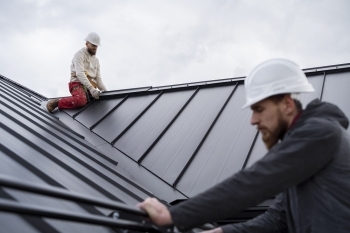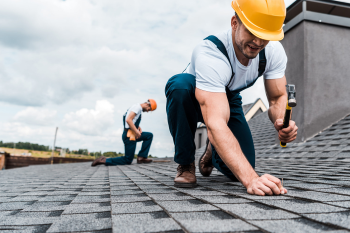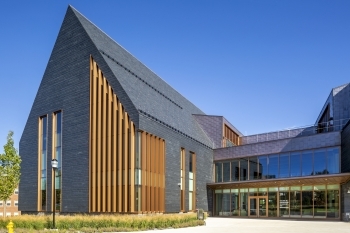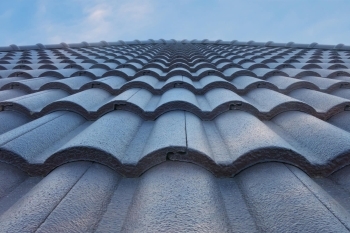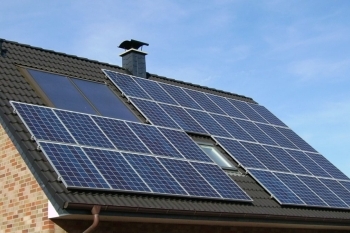
Roofing vs. Reroofing: Deciding Between Repairing and Replacing Your Roof
As a homeowner, facing roofing issues is inevitable over time. Whether it's due to wear and tear, weather damage, or age, your roof will eventually require attention. When it comes to addressing roofing problems, you have two main options: roofing repairs or reroofing (roof replacement). Each option has its advantages and considerations, and understanding the differences can help you make an informed decision. In this article, we'll explore the factors to consider when deciding between roofing repairs and reroofing.
Roofing Repairs
Roofing repairs involve fixing specific issues or damages without replacing the entire roof. This option is suitable when the damage is localized and the majority of the roof is in good condition. Common situations that may call for roofing repairs include:
- Missing or Damaged Shingles: Replacing individual shingles that are cracked, curled, or missing can prevent leaks and further damage.
- Leaks: Repairing leaks promptly is crucial to prevent water damage to the underlying structure and interior of your home.
- Flashing Issues: Damaged or improperly installed flashing around vents, chimneys, and skylights can be repaired to ensure proper water sealing.
- Small Areas of Roof Rot: If only a small section of the roof has rotted, repairs may be possible without the need for a complete replacement.
Benefits of Roofing Repairs:
- Cost-Effective: Roofing repairs are generally more budget-friendly than reroofing, as they address specific issues without the need for extensive materials and labor.
- Faster Completion: Roofing repairs typically take less time to complete compared to a full reroofing project.
Considerations:
- Age of the Roof: If your roof is nearing the end of its lifespan or has multiple issues, reroofing might be a more practical option.
Reroofing (Roof Replacement)
Reroofing involves replacing the entire roof, including the underlying layers and roofing materials. This option is suitable when your roof has reached the end of its lifespan, has significant damage, or requires extensive repairs. Common reasons for reroofing include:
- Extensive Roof Damage: If a large portion of your roof is damaged or has reached the end of its lifespan, reroofing is a more comprehensive and lasting solution.
- Age of the Roof: If your roof is older and nearing its expected lifespan, it may be more cost-effective to invest in a full replacement rather than continuous repairs.
- Upgrading to New Roofing Materials: Reroofing provides an opportunity to upgrade to more durable, energy-efficient, or aesthetically pleasing roofing materials.
Benefits of Reroofing:
- Enhanced Performance: Reroofing provides a fresh start with new materials, improving the roof's performance, and extending its lifespan.
- Comprehensive Solution: Reroofing addresses all existing issues and offers a long-term solution, minimizing the need for future repairs.
Considerations:
- Higher Cost: Reroofing typically requires a larger investment due to the extensive materials and labor involved.
Conclusion
Deciding between roofing repairs and reroofing requires careful consideration of the specific condition of your roof, your budget, and your long-term goals. If your roof has minor issues and is relatively young, repairs may be sufficient. However, if your roof is older, extensively damaged, or nearing the end of its lifespan, reroofing may offer a more comprehensive and cost-effective solution. Consulting with a professional roofing contractor is essential in making the right decision, as they can assess the condition of your roof and provide expert recommendations tailored to your needs. Ultimately, investing in the right solution will ensure a safe and durable roofing system for your home.

